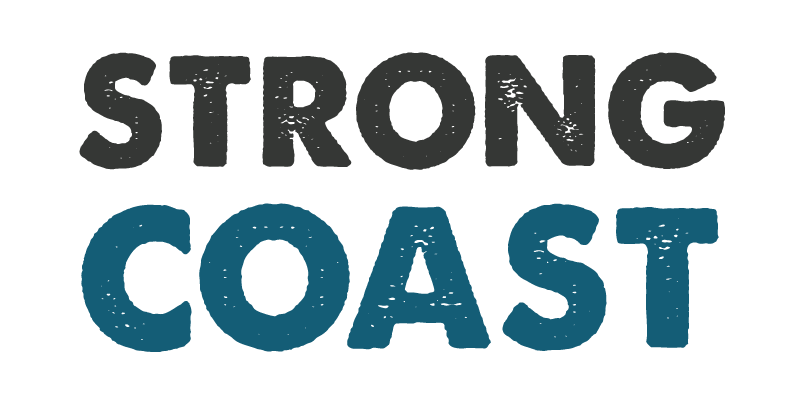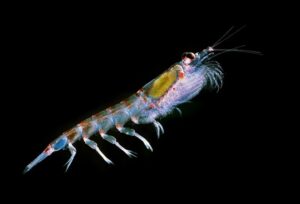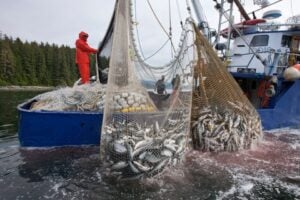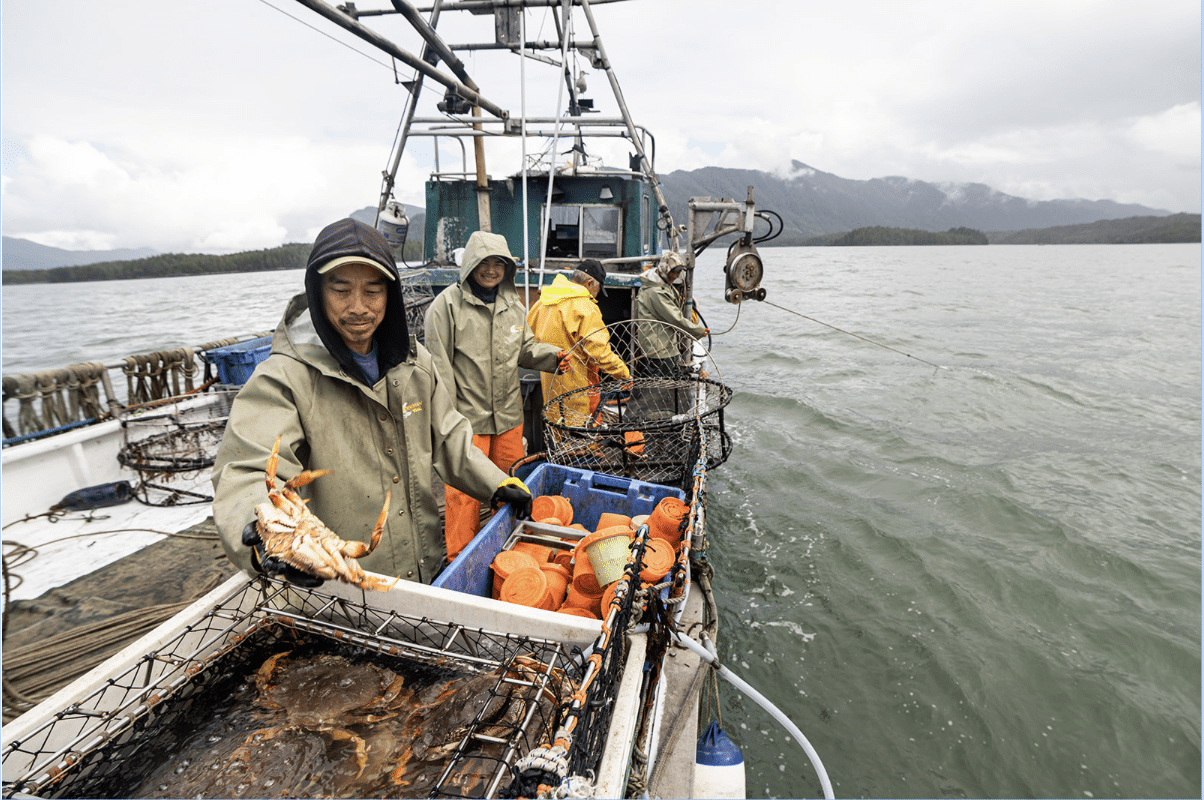
A recent survey found that an overwhelming 93% of British Columbians view marine conservation as a key pillar for the development and sustainability of the province’s coastal economy.
Many respondents also shared the same concerns, chief of which are declining fish stocks (92% concerned), open-net fish farms (90%) and bottom trawling (90%). Compared to these, respondents were not as concerned about excessive government restrictions on fishing (65%). This shows that there is a recognition among BC residents that healthy fish stocks equals a healthy economy.
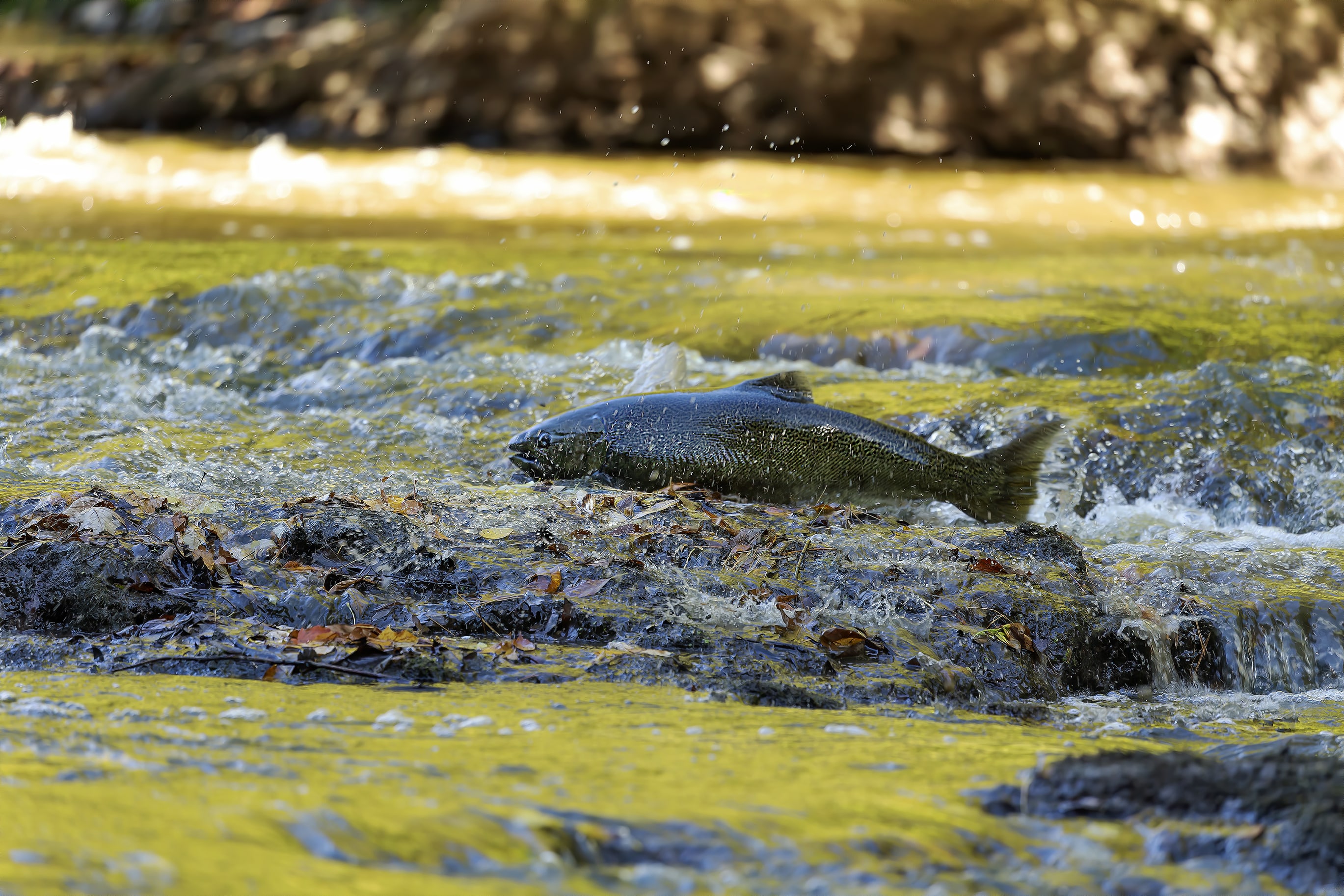
So how do we get healthier fish stocks? Who do we trust to implement the right solutions? The survey revealed that respondents lack trust in the fishing industry to address marine issues. Only a minority had any confidence in the fishing industry (39%), the salmon farming industry (32%), and fishing companies like Canfisco (25%) in this regard. Instead, respondents would rather listen to the experts who have been advocating for marine protected areas (MPAs): scientists (78%), environmental organizations (67%), Fisheries & Oceans Canada (61%), local First Nations communities (54%), and the BC provincial government (54%).
In line with that, nearly 80% of respondents voiced their support for the creation of an extensive network of MPAs on British Columbia’s coast.
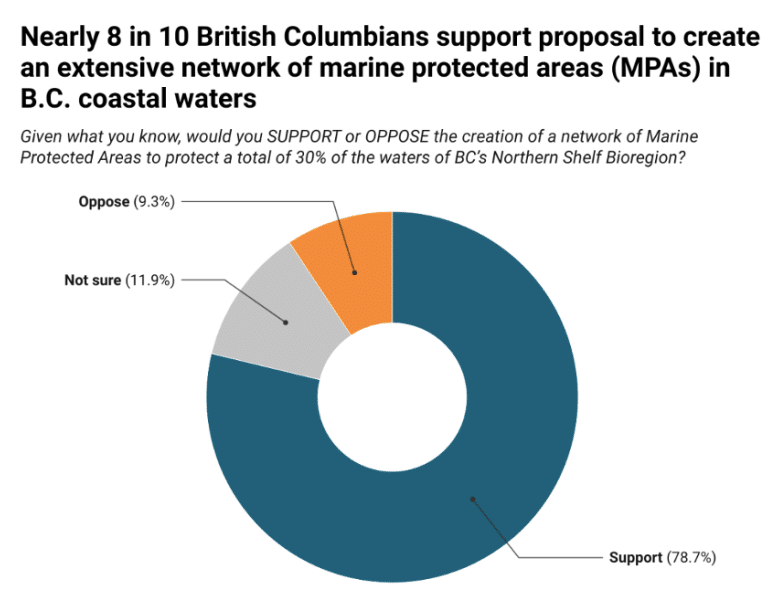
It certainly looks like the minds of BC residents are made up: the marine economy is a cornerstone of BC’s prosperity and to protect it, MPA networks – led by scientists, the government, and coastal communities – are the way to go. Without MPAs, BC’s coast risks being depleted by fishing companies, and local communities will have to contend with the fallout for generations to come. BC residents are skeptical of corporations’ intentions to act in the best interests of local communities and economies.
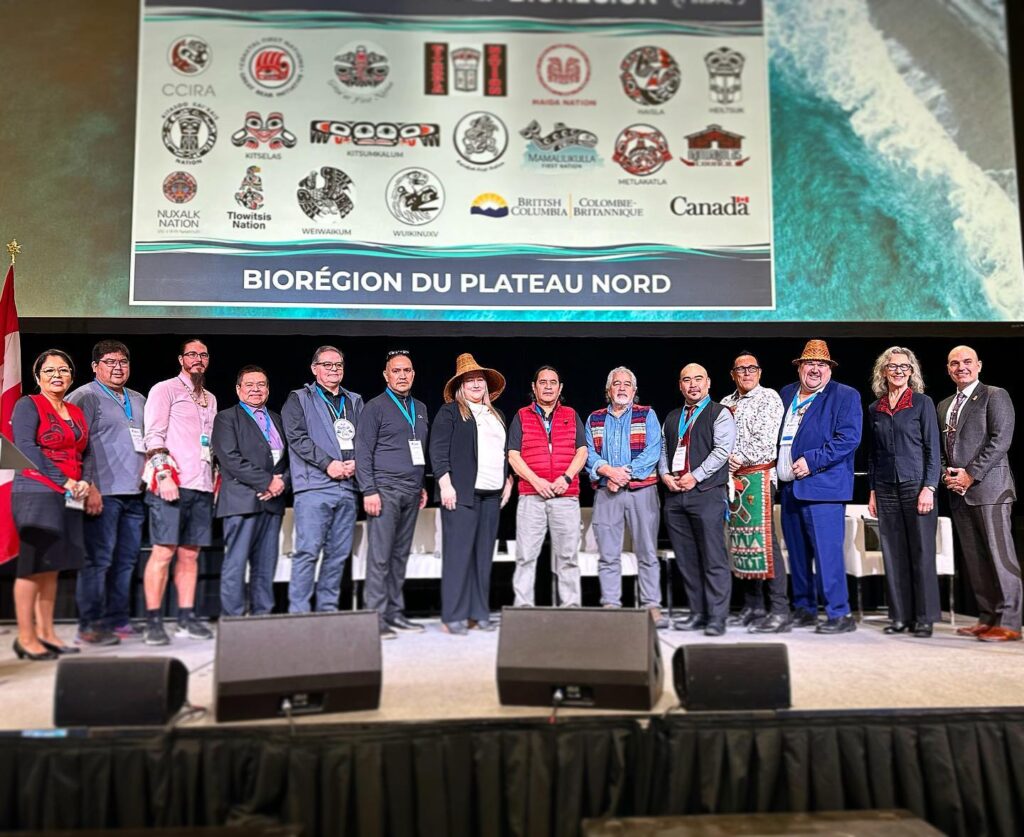
The good news is that this is not a partisan issue. Support for MPAs is strong across all federal and provincial parties. Federally, 78% of Conservatives, 87% of Liberals, 88% of NDP, and 88% of Greens support MPAs. This means that there is a clear path forward towards implementing an MPA network in our waters.
However, corporations that stand to gain the most from a lack of protections in our waters are working hard to combat these efforts, driven by a goal to continue increasing their profits. There is misinformation about MPAs being an obstacle to economic development. In reality, one of the main goals of the Great Bear Sea MPA network is to preserve and enrich the marine economy and to do so by enlisting and engaging local communities for co-governance.
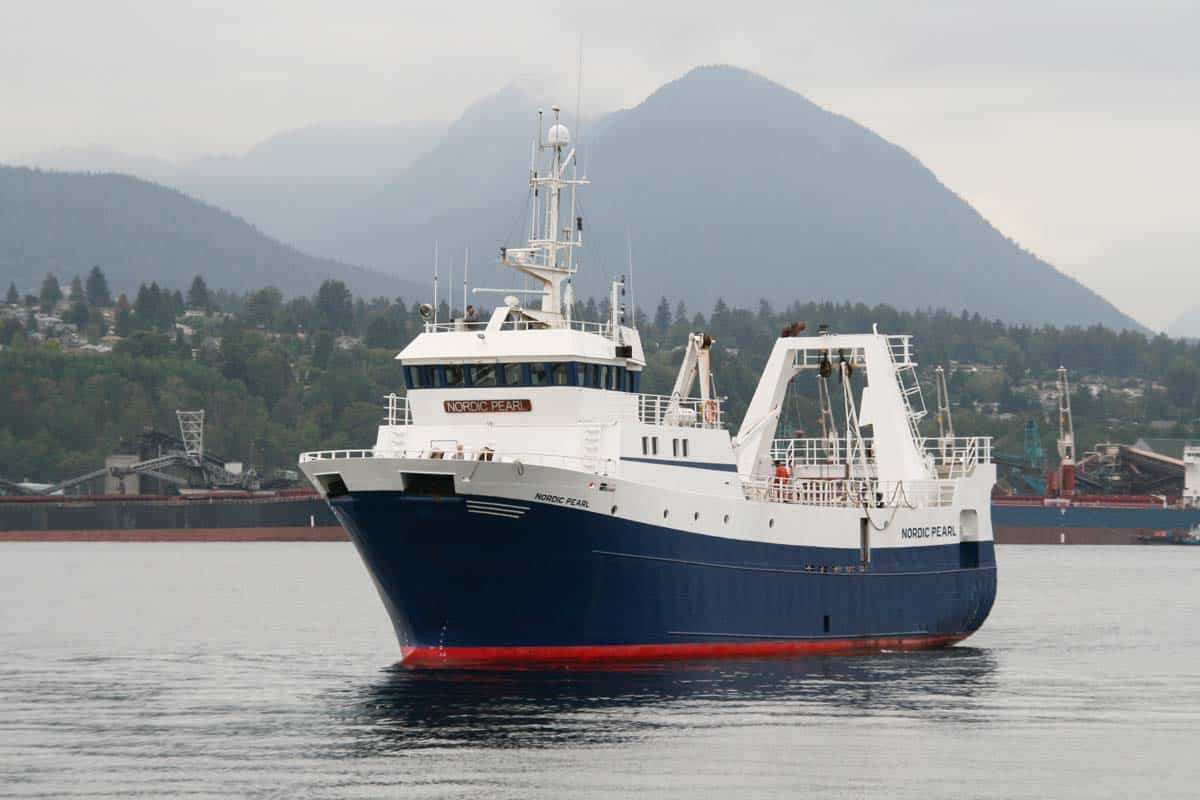
Strong Coast is encouraged by the results of this survey, which indicate that these misinformation campaigns have been unable to break through to the folks who actually live and work on the coast, and who experience the realities of industrial fishery greed on a daily basis. It is time for us to rally together and ensure that the Great Bear Sea MPA Network becomes a reality so that coastal resources remain in the hands of those who live and work on the coast
Learn more about the study by reading the Research Co news release.
